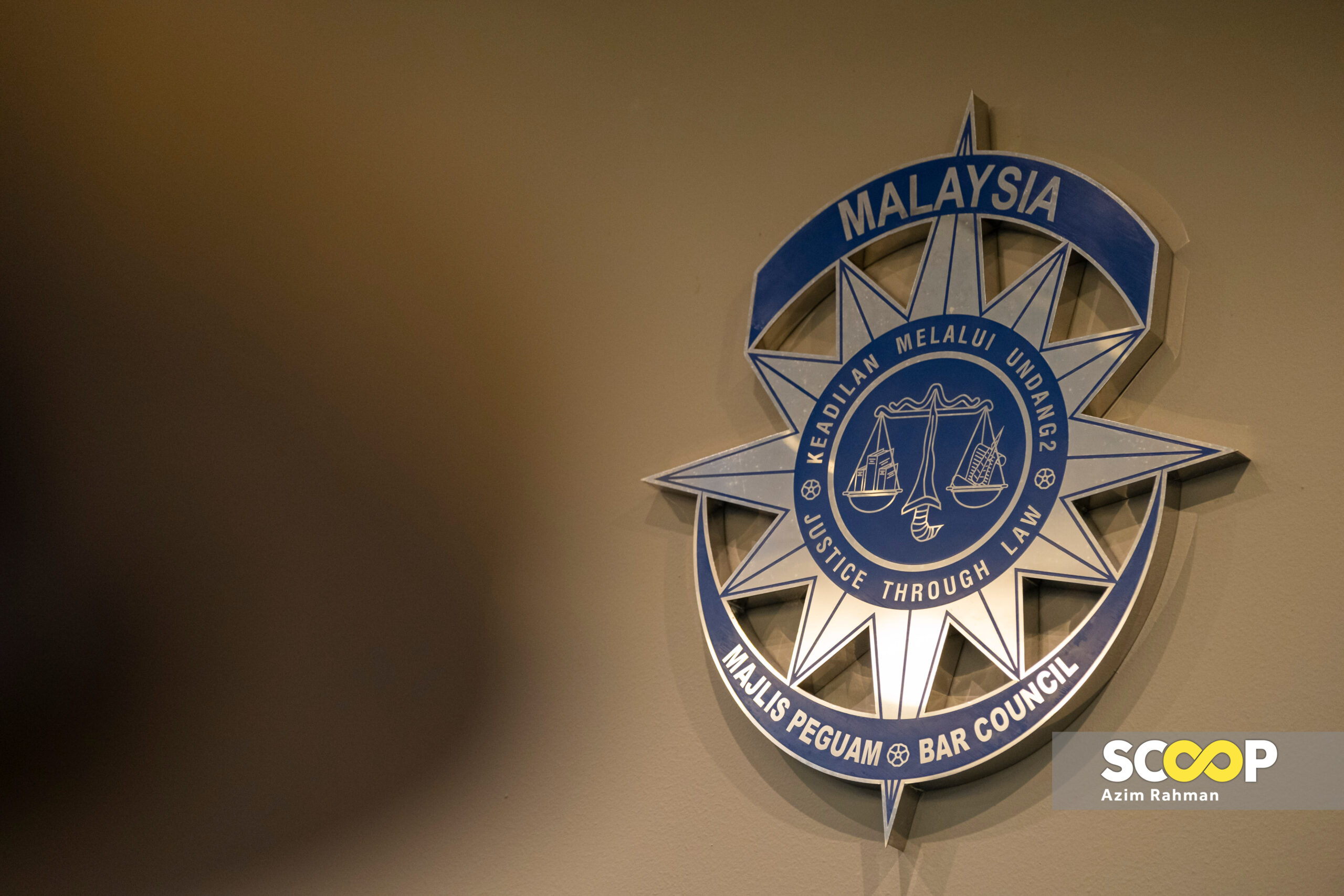KUALA LUMPUR – A legal practitioner will be seeking for the Malaysian Bar to oppose the government’s proposed citizenship amendments, asserting that the suggested alterations will compound the woes of foundlings and stateless persons in the country.
According to a copy of his motion submitted for the Bar’s annual general meeting on March 16, lawyer Abhilaash Subramaniam intends to propose that the Bar condemn the government in the strongest possible terms for its “regressive amendments” to citizenship laws.
“(The amendments) would constitute an alarming erosion of rights and pose an imminent threat to an already vulnerable segment of our society – stateless persons,” he said in a motion filed with the Bar.
“Any amendments to citizenship provisions in the Federal Constitution must prevent, not manufacture, statelessness.”
Abhilaash added that amending Section 19B of the Second Schedule, Part III of the constitution to alter citizenship by “operation of law” to citizenship by “registration”, foundlings and abandoned children will be deprived of automatic citizenship.
“The term ‘operation of law’ affords protection to foundlings, as this provision grants them the benefit of the doubt in cases where the date and place of birth, as well as the identity of their biological parents, are unknown and cannot be substantiated.
“The suggested amendment seeks to place foundlings under the discretionary authority of the home minister for citizenship determination, unjustly imposing the onus of proving parentage on the child.”
He also asserted that by amending Section 1(a) of the Second Schedule, Part II of the constitution to delete the words “permanently resident”, children born to Malaysian permanent residents who are stateless will no longer have access to citizenship by “operation of law”.
“In effect, vulnerable populations, including current stateless communities… Orang Asli and Orang Asal, could also face the peril of being ensnared in a cycle of statelessness across generations.”
Various MPs, besides civil society organisations, have called the proposed constitutional amendments cruel and unjust to children, as statelessness will deprive them of access to education, healthcare and other basic rights.
These amendments were bundled into the draft bill alongside another proposed amendment – one that has received wider support – to grant Malaysian mothers the right to pass citizenship on to their overseas-born children. Currently, only fathers are able to do so.
While the government should proceed with amendments to enable Malaysian mothers to confer automatic citizenship to their overseas-born children, other backward amendments should be abandoned or deferred pending further studies and input from stakeholders, Abhilaash said.
The lawyer will also call for the Bar to demand that the government adopt and implement proposals put forth by the Malaysian Human Rights Commission’s (Suhakam) 2023 report titled Human Rights and Statelessness in Peninsular Malaysia.
Some of the proposals mentioned include abolishing the requirement for a legal citizenship status to access education and prioritising citizenship for stateless individuals able to establish that they were born in Malaysia.
Other suggestions outlined by Suhakam and reiterated by Abhilaash are allowing citizenship applicants to receive permanent residency (red identification cards) while waiting for their citizenship approval and providing temporary legal documents to enable employment for stateless persons waiting for their applications to be approved.
He added that the citizenship application process under Articles 15A and 19 of the constitution should have a shorter waiting period and a clear time frame, as well as increased transparency, especially with regard to the National Registration Department’s procedures.
Abhilaash also wants the Bar to consider participating in all necessary court proceedings with a view to eliminating Malaysia’s “shameful legacy” of stateless persons.
Yesterday, former Bar president Datuk Ambiga Sreenevasan urged Pakatan Harapan to allow its MPs to vote according to conscience on the constitutional amendments.
The prominent lawyer and human rights advocate urged the coalition leading the unity government to free its lawmakers from voting in accordance with the party whip when the bill comes up for a vote.
The bill has yet to be tabled in the Dewan Rakyat, as Home Minister Datuk Seri Saifuddin Nasution Ismail said he would be holding sessions with MPs to explain the amendments.
The unity government currently has more than two-thirds support in the Dewan Rakyat.
Changes to the Federal Constitution require votes from two-thirds of the total 222 MPs. – March 12, 2024


